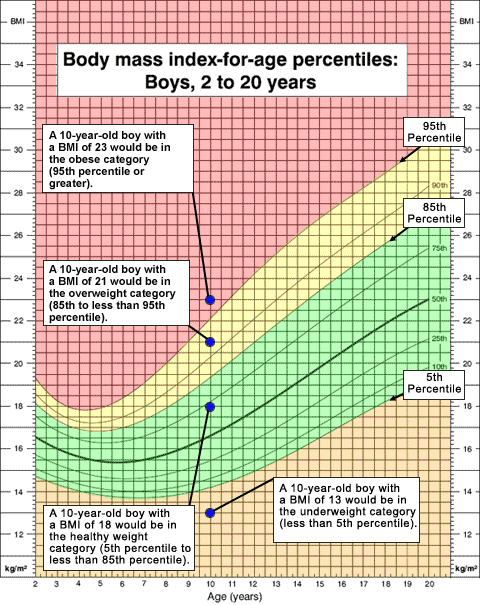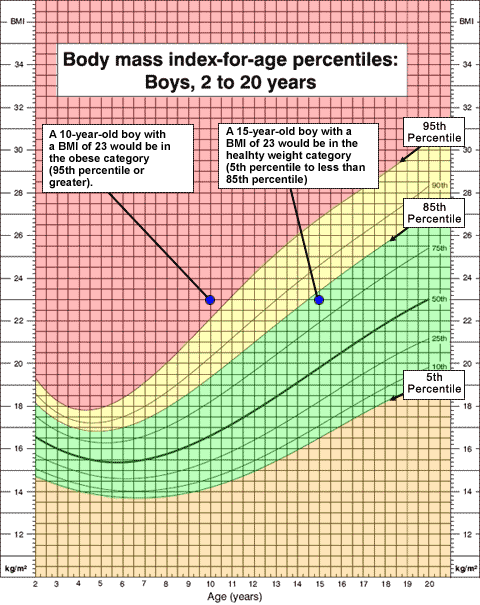Cathy Dyer
RDN, NBC-HWC
when your pediatrician tells you your child is overweight
You may be surprised, worried, or sad when told your child is overweight.
Becoming well informed is the best way to start helping your child.
With evidence-based information and guidance, you can help your child achieve and maintain a healthy weight. As a parent, you are the single most important and powerful influence on your child's health, and physical and emotional well-being.
you don't have to tackle this alone
I'm here to help you
how is overweight defined in childhood and adolescence?
Correctly evaluating your child's weight is important.
Pediatricians calculate your child's BMI (Body Mass Index) and analyze the number using a BMI-for-age growth chart or table. There are separate charts and tables for boys and girls.
<5th percentile indicates underweight
5th to <85th percentile indicates healthy weight
85th to <95th percentile indicates overweight
≥ 95th percentile indicates obesity
Things to keep in mind:
-
It's important not to use adult standards to evaluate your child's weight or body shape.
-
BMI does not measure body fat directly.
-
Body fat is required for healthy development changes during childhood and adolescence.
-
BMI is not a perfect tool and a single measurement is not enough.

CDC BMI-for-age example growth chart for 10 year old boy retrieved from https://www.cdc.gov/healthyweight/assessing/bmi/childrens_bmi/about_childrens_bmi.html Mar 5, 2019.
health risks associated with childhood and adolescent overweight
When children gain too much weight, their risks are increased for
-
diabetes
-
cancer
-
heart disease
-
high blood pressure
-
high cholesterol and triglycerides
-
stroke
-
breathing problems such as asthma and sleep apnea
-
developing bone and joint problems
-
being obese as an adult
As a loving parent, you are uniquely qualified to provide the structure and guidance needed to help your child achieve a healthy weight and reduce her risks for health problems.

dieting and weight loss are not recommended for most children
Weight management approaches for adults are not appropriate for children. Children are not little adults. Children and adolescents are still growing and developing. A restrictive diet may provide too little of their nutritional needs, preventing healthy growth and development.
Because they are still growing, many children can grow into their weight.
The Expert Committee on the Assessment, Prevention, and Treatment of Child and Adolescent Overweight and Obesity has developed recommendations based on BMI percentiles.
The recommendation for all overweight children ages 2 to 18 years old is to MAINTAIN their weight until their BMI is below the 85th percentile for their age and sex, or to SLOW the rate of weight gain.

CDC BMI-for-age example growth chart for a 10 year old and a 15 year old boy, both with a BMI in the 23rd percentile, retrieved from https://www.cdc.gov/healthyweight/assessing/bmi/childrens_bmi/about_childrens_bmi.html Mar 5, 2019.
LOSING weight is not recommended for any child or adolescent unless BMI has reached or surpassed the 95th percentile.
Expert Committee on the Assessment, Prevention, and Treatment of Child and Adolescent Overweight and Obesity Weight Management Recommendations
BMI Percentile
Weight Management Goals
2-5 years
85th to <95th
Maintain weight until BMI <85th percentile, or slow weight gain.
≥ 95th
Maintain weight until BMI <85th percentile.
If weight loss occurs, it should not exceed 1 lb/mo.
If BMI > 21 or 22, gradual weight loss (≤ 1 lb/mo) is recommended.
6-11 years
85th to <95th
Maintain weight until BMI <85th percentile, or slow weight gain.
95th to <99th
Maintain weight until BMI < 85th percentile or lose weight (~ 1 lb/mo).
≥ 99th
Lose weight (≤ 2 lb/wk).
12-18 years
85th to <95th
Maintain weight until BMI <85th percentile, or gradual weight loss.
95th to <99th
Lose weight (≤ 2 lb/wk) until BMI <85th percentile.
≥ 99th
Lose weight (≤ 2 lb/wk).
Barlow SE; Expert committee recommendations on the assessment, prevention, and treatment of child and adolescent overweight and obesity. Pediatrics. 2007;120(suppl 4):S164-S192. http://pediatrics.aappublications.org/content/pediatrics/120/Supplement_4/S164.full.pdf. Accessed March 11, 2019.
if I can't put my kid on a diet, what am I supposed to do?
Parents often believe they can solve their child's weight issue by putting her on the "right" diet. Scientific research has shown that restrictive dieting does not result in achieving and maintaining a healthy weight, for children or adults.

Additionally, restricting your child's eating, being the "food police," can be destructive to your relationship and result in your child having further and increasing difficulty learning how to monitor her appetite and develop healthy eating habits.
Ultimately, achieving and maintaining a healthy weight will require getting energy intake (calories) in line with energy output. In other words, eating an appropriate amount of nutritious foods and getting enough physical activity. But the approach you take to reach this goal can make or break your child's chances to successfully achieve and maintain a healthy weight.
In our diet obsessed culture, we have been lead to
Begin your path to helping your child achieve and maintain a healthy weight by first focusing on HOW you feed your child: WHEN and WHERE. Family meals are important!
After laying this stable foundation to develop healthy habits, your efforts to change WHAT your child is eating can be successful.
believe that achieving a healthy weight is all about eating less and choosing the "right" foods. We're told it's all about willpower. Children and adults with overweight are frequently considered to have a character flaw - an unwillingness to control their eating. If only he would eat less of this.....If only she would eat more of that.....then the problem would be solved.
eating right isn't about willpower
it's about skillpower!
This hyper-focused attention on what and how much is being eaten, while ignoring all the other factors involved in developing healthful eating habits, leads to unhealthy negotiations (you can have some dessert if you eat all your green beans), begging (please just try three bites of broccoli), arguments, stress, a lack of trust between the parent and their child, and bitter disappointment and discouragement when the weight issue inevitably continues. It backfires in the worst way!
focus on making healthful choices and developing lifelong habits of physical activity and nutritious eating
Research shows that children who regularly eat their evening meal with their family, obtain adequate sleep, and have limited screen-viewing time have about 40% lower prevalence of obesity than children whose lives do not incorporate these three habits.* These three important habits do not require special dieting or food restriction, calorie counting, or any advanced knowledge of nutrition.
Start helping your child achieve and maintain a healthy weight by establishing family meals. Download How To: Family Meals for pointers. After laying this stable foundation to develop healthy habits, your efforts to change what your child is eating can be successful.
I can help you get started, and help you stay the course
*Reference

